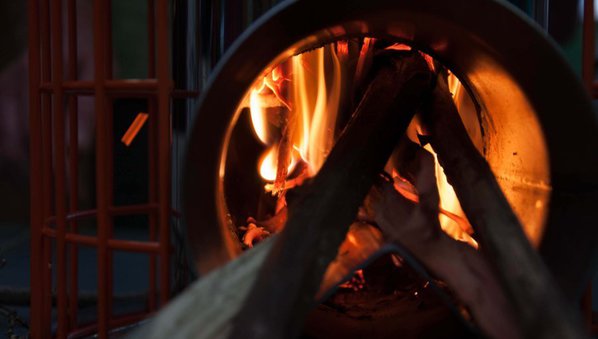Speed read
- Three billion people globally are exposed to smoke from inefficient cooking
- Kenya could provide clean energy to 5 million citizens by 2020, an expert says
- Experts call for partnerships to boost supply of clean and efficient cookstoves
[NAIROBI] Urgent measures are needed to reduce exposure to smoke from
traditional cooking and heating methods such as using solid fuels, which
contribute to more than four million deaths a year globally, a
conference has heard.
The Global Alliance for Clean Cookstoves (GACC) organised the National
Clean Cookstoves and Fuels Conference in Nairobi, Kenya, last week (4-7
February).
“Cooking is essential and should not kill,” says Radha Muthiah, the executive director of GACC. “We need to form partnerships globally to ensure [the] provision of clean, affordable and accessible fuels.”
Muthiah adds that using clean, efficient and safe cookstoves can reduce fuel consumption and exposure to harmful smoke, provide economic opportunities for Kenyans and help reduce deforestation.
“Cooking is essential and should not kill. We need to form partnerships globally to ensure [the] provision of clean, affordable and accessible fuels.”
Radha Muthiah, The Global Alliance for Clean Cookstoves (GACC)s
According to the World Health Organization (WHO), more than 3 billion
people globally are exposed to smoke resulting from traditional cooking
and heating methods such as using firewood and leaky cookstoves.
Women and children are the most affected by the health problems
associated with cookstove smoke, which contributes to more than 15,700
deaths in Kenya a year, says Muthiah, adding that 8,300 of the deaths
occur in children mainly due to respiratory infections such as pneumonia attributed to smoke.
“Kenya could provide accessible, clean energy
for at least 5 million citizens by the year 2020,” according to
Muthiah. “This is our action plan’s vision and the ongoing market
assessments and customer segmentations reveal that a significant number
of Kenyans are willing to adopt clean cookstoves.”
Solomon Nzioka, an official from WHO country office in Kenya, says the WHO is concerned with the health impacts of indoor air pollution and is gathering data and raising awareness to help countries deal with the menace.
Donors have assured the GACC of their commitments, giving the alliance a financial boost, the conference learned.
Kathy Calvin, the president and CEO of the UN Foundation, says the UN
has invested US$3 million this year to support GACC in its efforts to
provide clean fuels to people globally.
In Kenya, the US government has awarded US$1 million to three local
organisations to enable more Kenyans own and use efficient cookstoves,
says Robert Gordec, the US ambassador to Kenya , adding that the US
government has since 2010 committed US$125 million to the GACC.
Gordec calls for Kenya to bring together all stakeholders, including
innovators and donors to help address the problem of lack of clean
fuels.
Isaac Kalua, the founder and chairperson of Kenya-based Green Africa Foundation, tells SciDev.Net that there is an urgent need for measures to be put in place to ensure the sustainable provision of clean fuels to Kenyans.
“We are losing people because of indoor [air] pollution and we
therefore need urgent transition from traditional methods of cooking to
modern technologies,”
Kalua says, noting, however, that the affordability of the new
technologies is a main challenge to providing clean fuels for all.
This article has been produced by SciDev.Net's Sub-Saharan Africa desk.

No comments:
Post a Comment